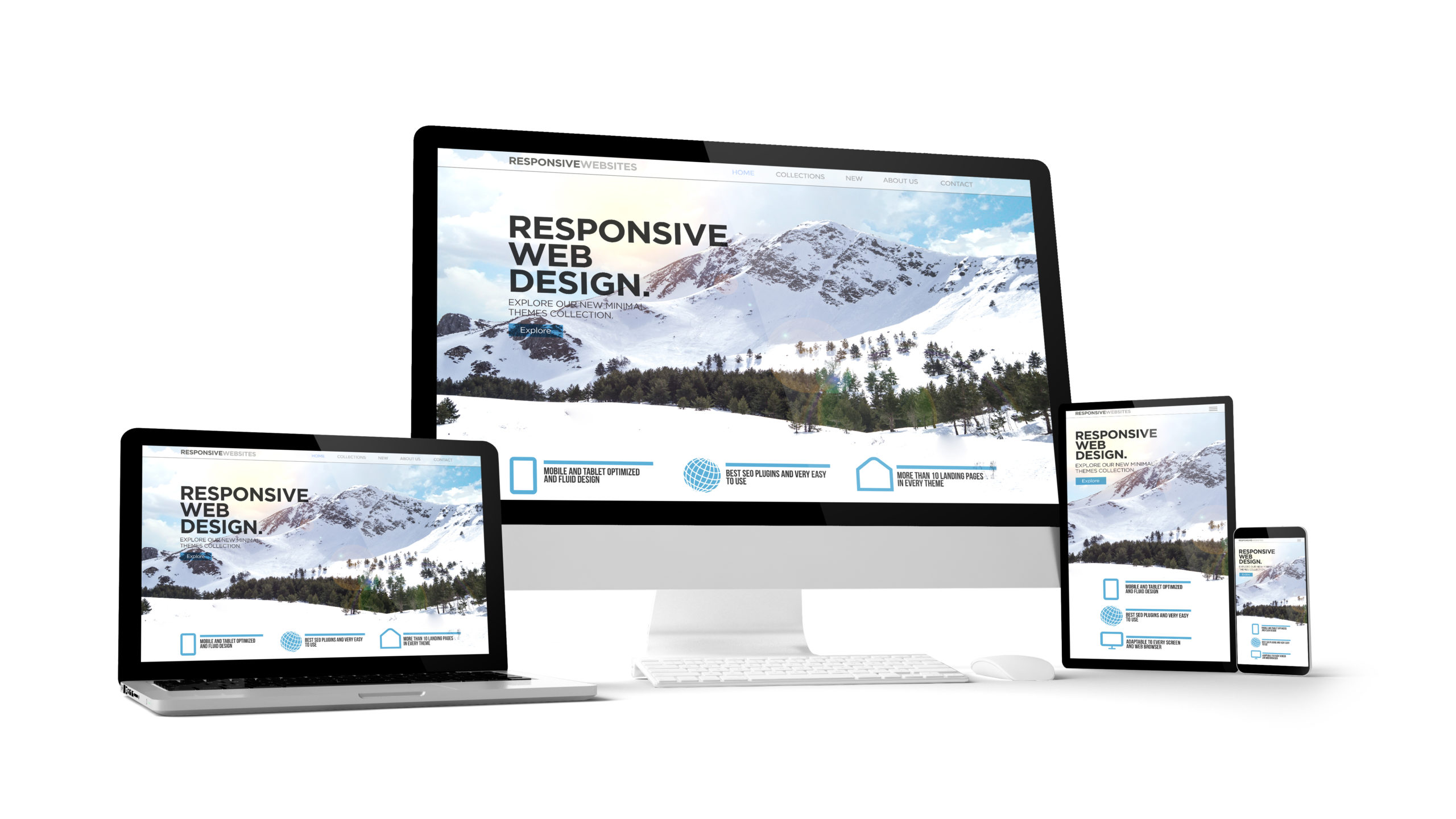
It’s happening.
Well, actually it’s been happening for a while now. Google has been steadily shifting towards a mobile-only methodology for ranking websites within its index. This started well before 2018 when the index was updated to give preference to mobile versions of websites.
In short, these days mobile search traffic outweighs desktop search. So Google is doubling-down on mobile-first as the focus of its search index.
So, what’s happening in March 2021?
In March 2021, Google’s index will remove desktop-only websites from its index. That means, if you haven’t already made accommodations to shift your website to being responsive, then you can expect your organic traffic to drop drastically — or even disappear entirely.
This is an evolution of Google’s stance on displaying results in their index that preferred sites that were mobile-friendly. Now, the index will not only favour websites that are optimized for mobile, they will actually remove results for websites that are desktop-only.
Even websites that have a mobile version (i.e. separate websites that live on an “m.” domain) will experience redirect issues. In other words, people on desktop machines may see “m.” domains come up in Google search results, and because these sites are not formatted for desktop, the user experience will be awful.
One could guess that because of this poor user experience, m. sites will gradually be phased out of search results entirely, and responsive design will be the logical choice for website formats moving forward.
It’s A Mobile World
We’ve seen this coming for a long time. Mobile traffic has been increasing dramatically year over year. In 2015 searches on mobile surpassed desktop for the first time, and have been increasing steadily since then.
As per techjury’s 57 Mobile vs. Desktop Usage Statistics For 2020, “In the course of one year, desktop internet usage dropped from 54.86% to 46.5% while mobile users share marked an increase from 37.38% to 48.33% in November 2019.”
Across multiple industries, mobile is becoming the primary standard for user interaction, whether it’s e-commerce, news media, local business, gaming… we are relying more on our mobile devices to access the web than ever before, and this won’t be changing anytime soon.
So what do you do?
If you’re not already leaning on mobile-first as the core of your audience, regardless of industry, then you will be missing out on organic traffic. Given that many industries still rely on Google organic search as the primary method to reach new audiences, this could mean trouble. If your business has put significant effort into your content strategy to acquire organic searches, but your website is only formatted for desktop users, this will be a real challenge for you.
The best thing to do is to make sure you understand whether your site is responsive, and that it offers a fantastic experience for mobile users. Sometimes the tendency is to check the performance of your site on a desktop machine and use that as your only frame of reference. We can’t rely on that now. We have to think about mobile-users first with our websites and our digital marketing.
If you’re unsure about what to do, please call us. We are here to answer your questions and guide you through this. Google has a habit of changing the playing field in the middle of the game. It can be frustrating, but there is help, and that’s why we’re here.
More reading:
https://moz.com/blog/mobile-first-indexing-seo
https://developers.google.com/search/mobile-sites/mobile-first-indexing
